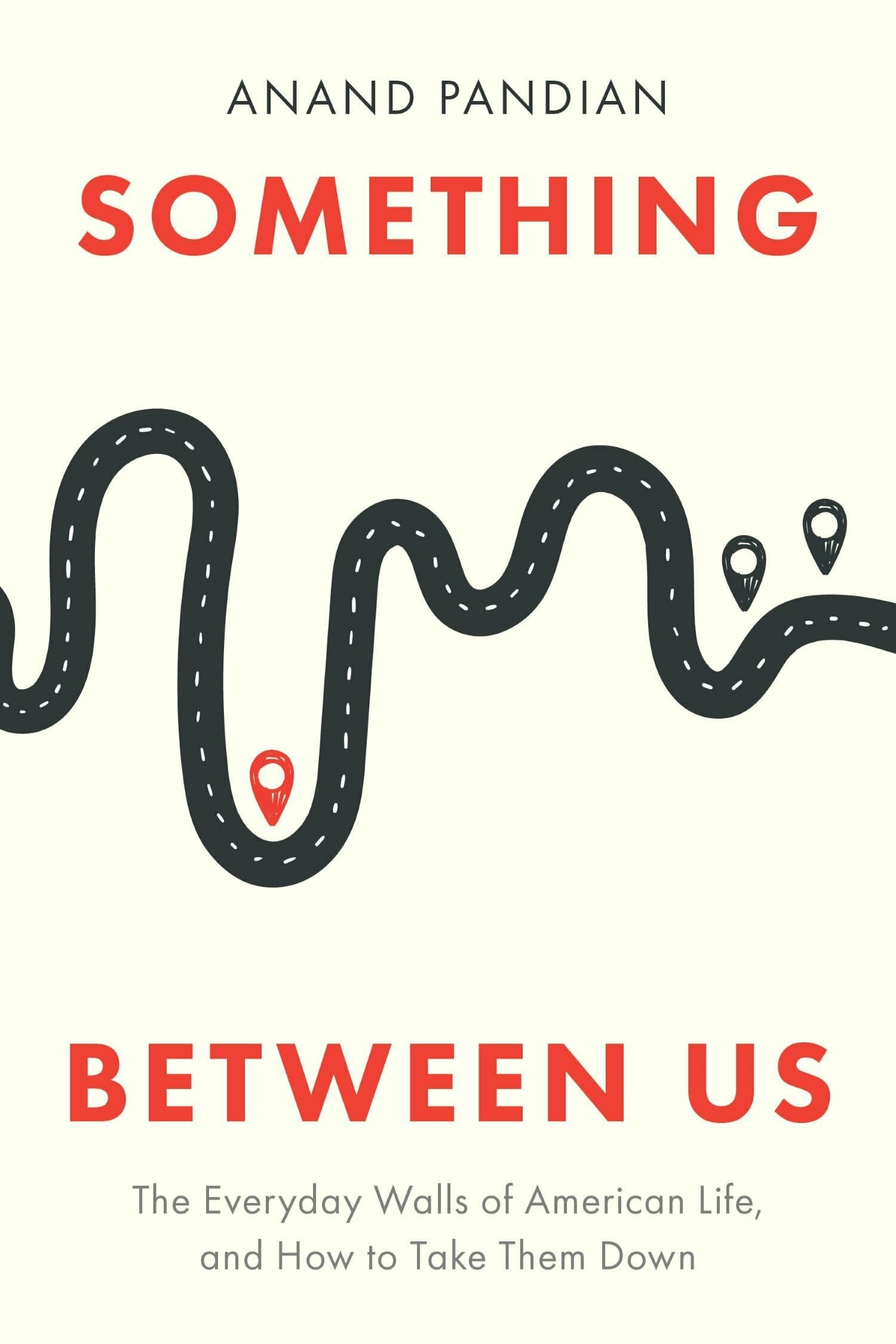Constant Disconnection

The weight of constant digital connection is the default condition of working life, home life, and everyday personal life – driving us to engage more with platforms than with people, a new state of constant disconnection that we cannot escape. Overflowing email inboxes, deluges of mobile phone notifications and torrents of social media posts—the flow of communication in its abundance is today's individualized interface for interpersonal and professional practices.
Communication technologies and their use are both the needle and the thread of the wider social tapestry of everyday contemporary life. This ever-changing communication environment is where the neoliberal economic policies of the West and the commercial imperatives of the platform and data-mining industries meet. It is where the contradictions they produce can be felt day-to-day by citizens-turned-users.
How does it feel to live at the pressure points of intersecting economic realities and why does it matter? Drawing on extensive sociological research, Burchell examines how individuals try to manage connection as participation in everyday life and how, on a larger scale, the ever-expanding knowledge, communication, and data-driven economies depend on the very pressures that result from our disparate communication needs. With so much time spent managing the pressures of our communication environment, we often overlook the way media technologies produce systemic tensions that are reshaping how we interact with each other and what we understand to be social connection today.
—Jason Farman, University of Maryland
"Constant Disconnection is a fascinating and important exploration of the modern moment of constant connectivity. It spells out a compelling, counterintuitive argument—in effect offering a unified field theory of the effect of advanced communications on people and social systems."
—Lee Rainie, Pew Research Center
"Taking a broad sociological approach, Burchell enters into the debate around the influences of a persistently online and connected culture, in which people are seemingly in touch with everyone yet feel isolated.... Recommended."—N. D. Bowman, CHOICE




